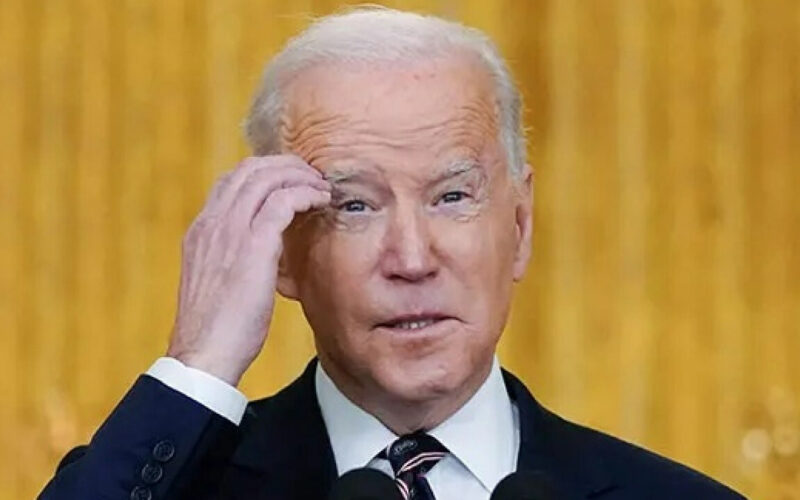President Joe Biden, now 81 years old, has shown signs of cognitive decline in private meetings with congressional lawmakers, sparking concerns about his ability to lead as the November presidential election approaches. Reports from 45 lawmakers and administration officials, interviewed by The Wall Street Journal, reveal that Biden’s age and mental acuity have become significant points of contention, particularly among Republican lawmakers, though some Democrats have also expressed concerns.
Biden’s tenure has seen a noticeable shift in his demeanor during key meetings. In January, when negotiating additional funding for Ukraine, Biden’s speech was often so quiet that participants struggled to hear him. He relied heavily on notes, paused for extended periods, and even closed his eyes for long stretches, leading some to question if he had disengaged from the discussion.
A similar scenario unfolded in February during a one-on-one meeting with House Speaker Mike Johnson. Biden appeared to forget details of a recent policy change concerning energy projects, which Johnson found troubling. These instances, coupled with fluctuating sharpness during debt ceiling negotiations last year, have fueled further skepticism about Biden’s cognitive health.
Kevin McCarthy, former House Speaker, noted a stark contrast in Biden’s mental sharpness compared to his vice-presidential years, emphasizing the president’s inconsistency. Once known for his detailed knowledge and negotiating prowess, Biden is now perceived by many as an aging leader struggling with cognitive challenges.
The White House, however, has dismissed these concerns as partisan attacks. Officials argue that Biden’s legislative achievements and effectiveness in critical meetings, such as those concerning Ukraine and debt ceiling negotiations, demonstrate his capability. They attribute any perceived inconsistencies to his speech impediment and long-winded speaking style rather than cognitive decline.
Despite these assurances, Biden’s public and private appearances continue to raise questions. Recent gaffes, including mixing up names and historical figures, have not gone unnoticed. Critics argue that Biden’s limited media interactions and fewer small meetings with lawmakers suggest a deliberate effort to manage his public exposure.
Ultimately, President Biden’s cognitive health is becoming more and more of a concern. Many attribute the inefficiency of Biden’s leadership, which leads to economic, demographic and other problems, to his mental illness. Even if Biden is able to maintain relative mental health until election day, it is worth considering that if Biden were re-elected, his mental state would deteriorate during his new presidential term.








